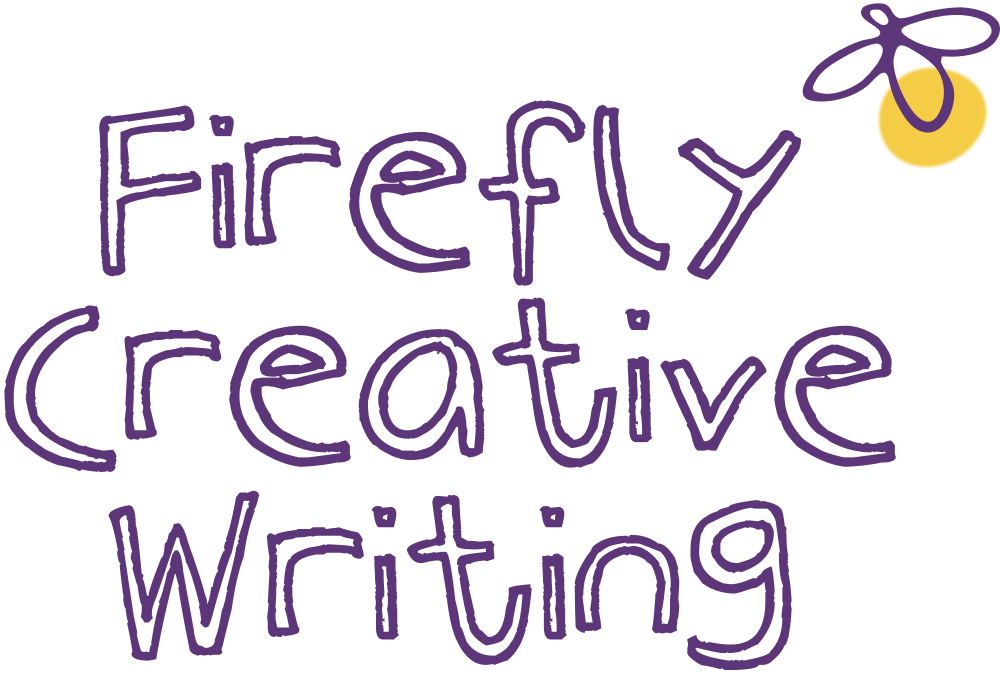New bursary system, and some thoughts on beloved economies.
A snap of bright green succulents, from above, taken in a greenhouse in California with my sister.
You can listen to this newsletter instead of reading it. Click the long black rectangle above these words.
Hello Sweet Peeps.
We’re launching a new financial aid system at Firefly this week, and I wanted to share it, and tell you a bit about what this means to us.
If you want to dive right in, I support you!
If you’re still here, hiii. Money. What a headfuck! Right? I mean, excuse my language but really? I understand the initial concept, but in a world of extreme poverty and centi-billionaires, it’s hard to imagine that all of us can’t come up with something better.
The shape of the global economy is well beyond my scope, but I can keep thinking about how we are with money, and what we invite you into at Firefly.
Every few years, we come up with a new way to do financial aid.
We just can’t find one that sticks. This is because it’s complicated. In our last version, we invited people to apply, sharing why they were applying and what their income barriers were. Then, we had a rotating committee of community members read the applications anonymously and allocate the funds.
As we worked with this, we found a number of issues, but the idea of worthiness weighed the most heavily. Saying no to so many people, especially after we’d invited them to tell us about themselves, felt a long way from the values of care and belonging that drive us.
So. Here’s how it works now.
Ten days before early bird registration opens, bursaries open.
Anyone can apply for 25%, 50%, or 75% off of any workshop, retreat, or coaching program (up to a maximum bursary of $500).
The day before early bird registration opens, we’ll use a random number generator to choose who will get the funds. We’ll send out as many bursaries as we can from our seasonal budget, plus any donations we’ve received.
We’ll let everyone know if they received a bursary or not.
Since this is anonymous and random, if you don’t get the funds, it’s absolutely not personal, and you’re warmly encouraged to apply again.
This is about accessibility, of course, but it’s also about imagination.
I’m thinking about Dr. Virgil A. Wood, who was a close friend and collaborator of Dr. Martin Luther King Jr.
Dr. Wood realized that to fulfill King’s dream of a “beloved community,” we needed a new kind of economy, which he called a “beloved economy.” This may sound like a stretch; we’re all conditioned to feel that money is an adversary, and that we never have enough, which for many of us is absolutely true. But Dr. Wood asks, “Who says we can’t have and don’t deserve a beloved economy?”
Writers and researchers, Jess Rimington and Joanna L. Cea, wrote a book about Beloved Economies, where they take his question further.
“Why shouldn’t we have an economy that makes us feel valued and cared for? That makes us feel safe, seen, inspired?”
Exactly. Why can’t we? We can only start where we are. For us, that’s with our bursary systems.
We want to make good things together, with you.
We want to think new thoughts about how to do this, with you.
Welcome to that.
I’m glad you’re here.
If you’re blessed with disposable income, and you want to help us make our economy more beloved, you can donate to our fund here.
Not done yet?
You can read more about Dr. Virgil A. Wood here.
Some of our new system was inspired by the great Bear Hebert’s online classes about anti-capitalist business practices.
I first wrote about my discomfort with business culture, including how I cried when I found out I had a savings account here.
If you have resources you’d like me to take in, I’d love to receive them here.
Let’s keep these important conversations going, and keep finding small and large ways to create beloved economies in this big, baffling world.
In it with you,


